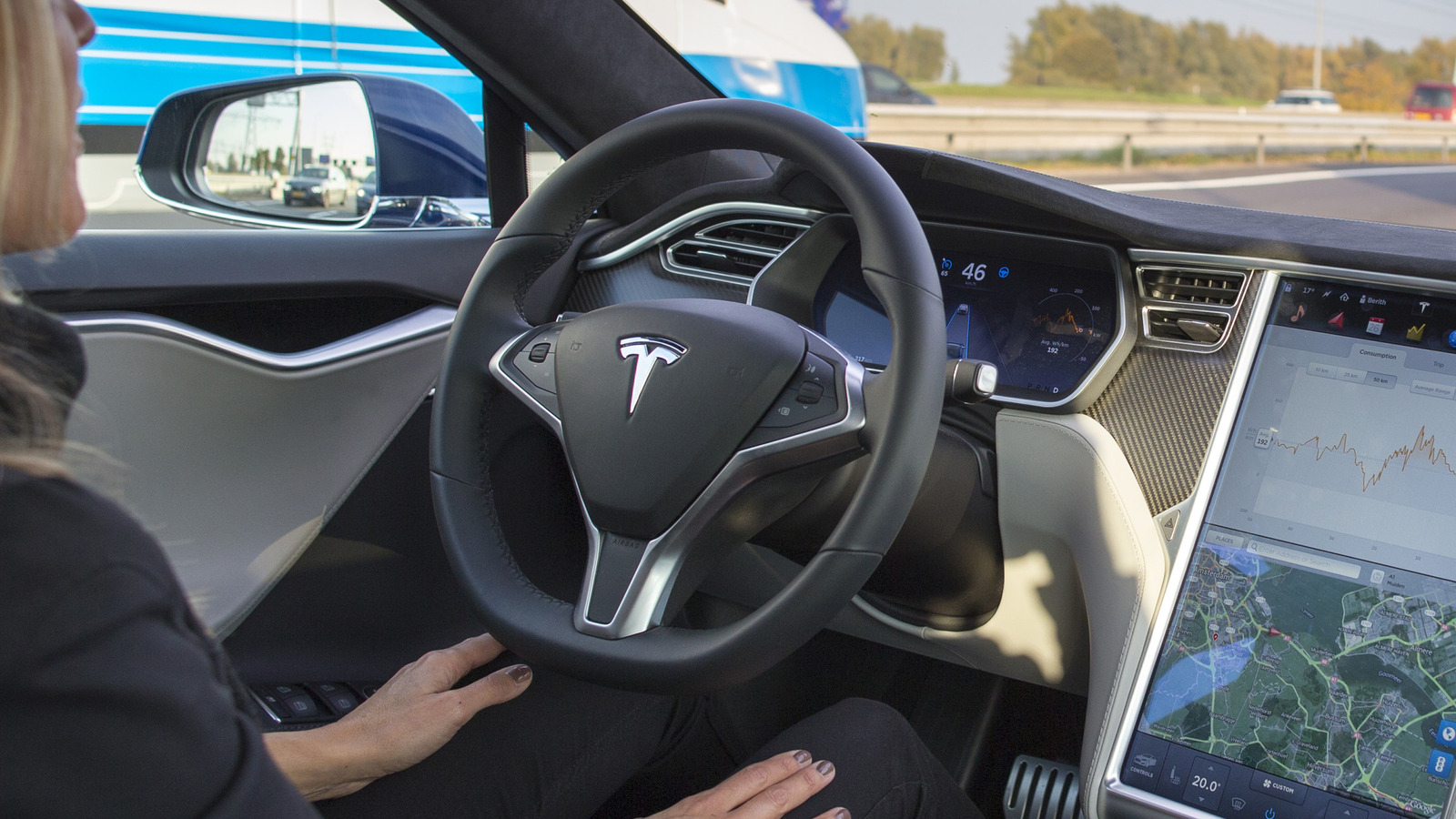
Tesla has announced a significant price reduction for its premium driver assistance system, the Full Self-Driving (FSD) package, in the United States.
Tesla CEO Elon Musk confirmed on social media platform X, formerly Twitter, that the subscription cost for FSD would be slashed to $99 per month, a steep drop from the previous rate of $199. This reduction contrasts sharply with Musk’s earlier statements, where he consistently indicated that the price of FSD would increase as the technology advanced and received regulatory approval.
Tesla’s FSD, despite its name, does not render Tesla vehicles fully autonomous. The system, which includes capabilities like lane changes, navigation around obstacles, and making turns, still requires active supervision by the driver. It’s marketed to enhance driving convenience but requires the driver to remain engaged, as the technology does not yet support fully autonomous driving.
Musk’s Past Promises on FSD’s Rising Value
The price cut comes unexpectedly as Musk had previously touted the increasing value of FSD, stating in May 2020 that it could be worth over $100,000 per car once fully operational and approved.
Over the years, Musk has been vocal about his vision for Tesla’s technology, predicting that the autonomous driving capability would dramatically increase the company’s market valuation and transform its vehicles into robotaxis. This vision seemed to align with Tesla’s trajectory when the company’s market cap soared past $500 billion, up from around $42 billion in 2019, despite the autonomous driving technology still being in development.
Further, Tesla’s marketing strategies and claims about its driving technologies have come under scrutiny. The California Department of Motor Vehicles has accused Tesla of deceptive practices regarding how it markets both the FSD and its standard Autopilot packages.
Tesla Promotes FSD Amidst Skepticism
Tesla has also been proactive in demonstrating the FSD’s capabilities to potential customers. Elon Musk mandated that all Tesla sales and service staff demonstrate the FSD technology to customers before vehicle handovers, emphasizing the system’s effectiveness despite public doubts about its reliability and safety. Moreover, Tesla recently launched a promotional strategy offering a one-month free trial of FSD to all North American customers to boost adoption and familiarity with the FSD system.
On the competitive front, other companies are making notable advancements in autonomous driving. Alphabet-owned Waymo is already operating commercial robotaxi services in several U.S. cities and has partnered with Uber Eats for driverless food deliveries. In addition, global initiatives such as those by Wayve in the U.K. and Amazon’s Zoox in the U.S. continue to develop and test their autonomous vehicles.
Despite the advancements and expansions in autonomous driving technology by various companies, Tesla’s approach involves continuous enhancement of its FSD system, with the aim of achieving full autonomy. However, Tesla’s vehicles, as currently equipped, do not fully replace the need for a driver, necessitating continued caution and engagement while using the system.
The future of Tesla’s FSD technology and its impact on the automotive industry remains a focal point of interest, especially as Musk hints at future unveilings like a dedicated robotaxi, which could further elaborate on Tesla’s commitment to evolving its driver assistance technology.
Related News:
Featured Image courtesy of Jasper Juinen/Bloomberg via Getty Images
